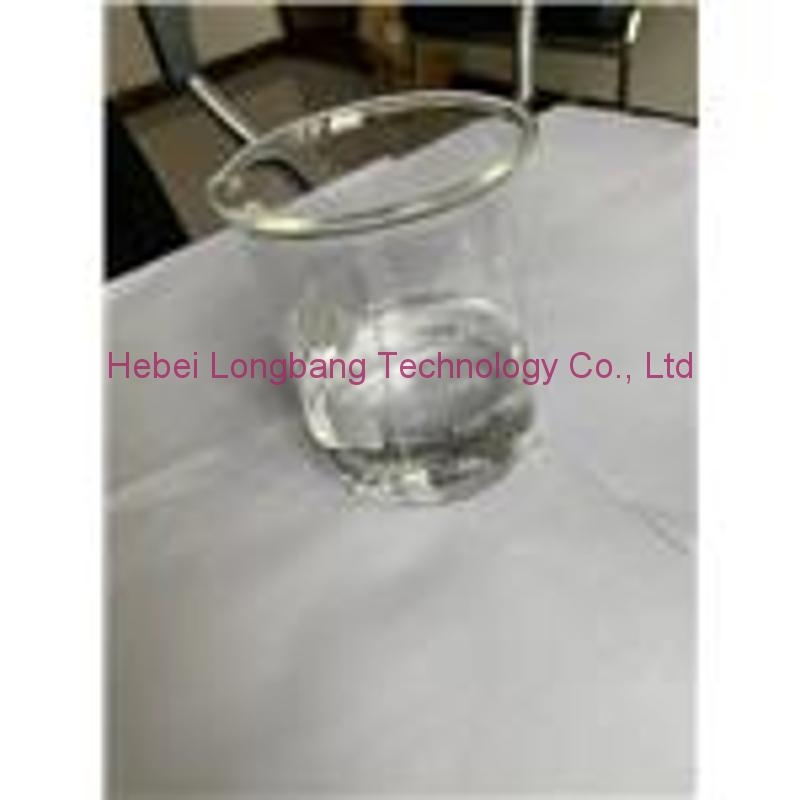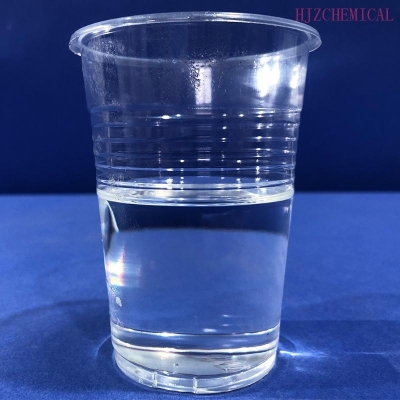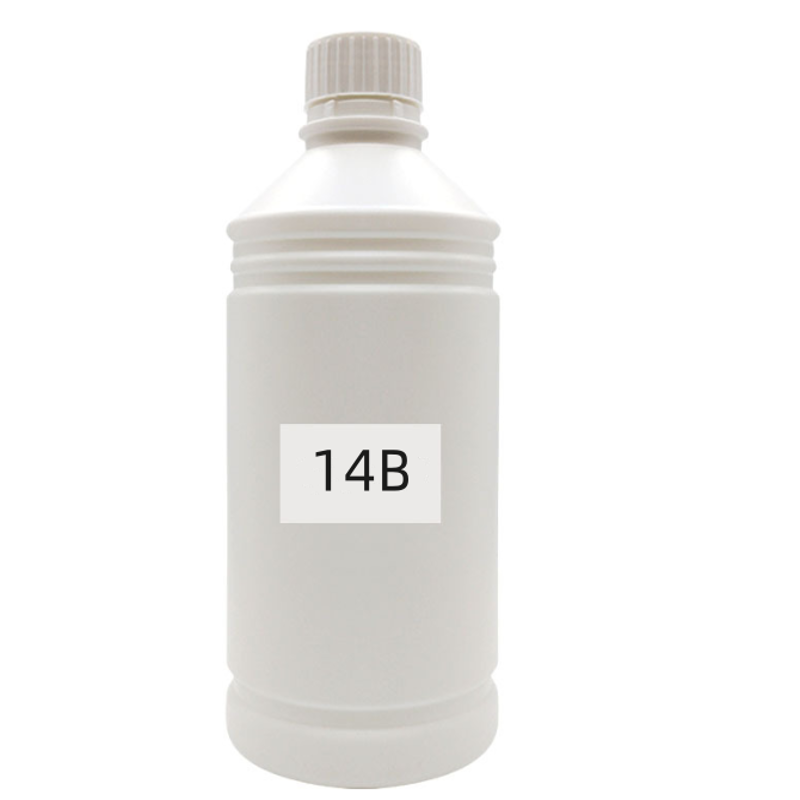-
Categories
-
Pharmaceutical Intermediates
-
Active Pharmaceutical Ingredients
-
Food Additives
- Industrial Coatings
- Agrochemicals
- Dyes and Pigments
- Surfactant
- Flavors and Fragrances
- Chemical Reagents
- Catalyst and Auxiliary
- Natural Products
- Inorganic Chemistry
-
Organic Chemistry
-
Biochemical Engineering
- Analytical Chemistry
-
Cosmetic Ingredient
- Water Treatment Chemical
-
Pharmaceutical Intermediates
Promotion
ECHEMI Mall
Wholesale
Weekly Price
Exhibition
News
-
Trade Service
Di-o-tolylguanidine (DOTG) is a chemical compound that is commonly used in the chemical industry.
It is a white or off-white solid that is soluble in water and organic solvents.
DOTG is used as a catalyst in the production of polyurethane, polyester, and other polymers.
It is also used as a hardening agent in epoxy resins.
Despite its widespread use in the chemical industry, DOTG is considered to be a potentially hazardous substance.
It is classified as a Category 2 carcinogen by the International Agency for Research on Cancer (IARC), which means that it is possibly carcinogenic to humans.
Long-term exposure to DOTG has been linked to an increased risk of cancer, particularly in the liver, lungs, and skin.
In addition to its potential cancer-causing effects, DOTG can also be harmful to the skin and respiratory system.
Prolonged contact with the skin can cause irritation and burns, while inhaling DOTG can lead to respiratory problems such as coughing, chest pain, and difficulty breathing.
To minimize the risks associated with DOTG, it is important to handle the chemical with caution.
This includes wearing appropriate protective gear such as gloves, goggles, and a respirator, and minimizing exposure to the chemical by using adequate ventilation.
It is also important to store DOTG in a secure location away from heat, sparks, and other sources of ignition.
In addition to personal safety measures, it is also important to take steps to minimize the environmental impact of DOTG.
This includes proper disposal of any excess or unused chemical, and following all relevant regulations and guidelines for handling and storing DOTG.
Overall, while DOTG is an important chemical in the production of various polymers, it is important to recognize its potential hazards and take appropriate measures to minimize risks to both workers and the environment.
By following proper safety protocols and using appropriate personal protective equipment, it is possible to work with DOTG safely and efficiently.







